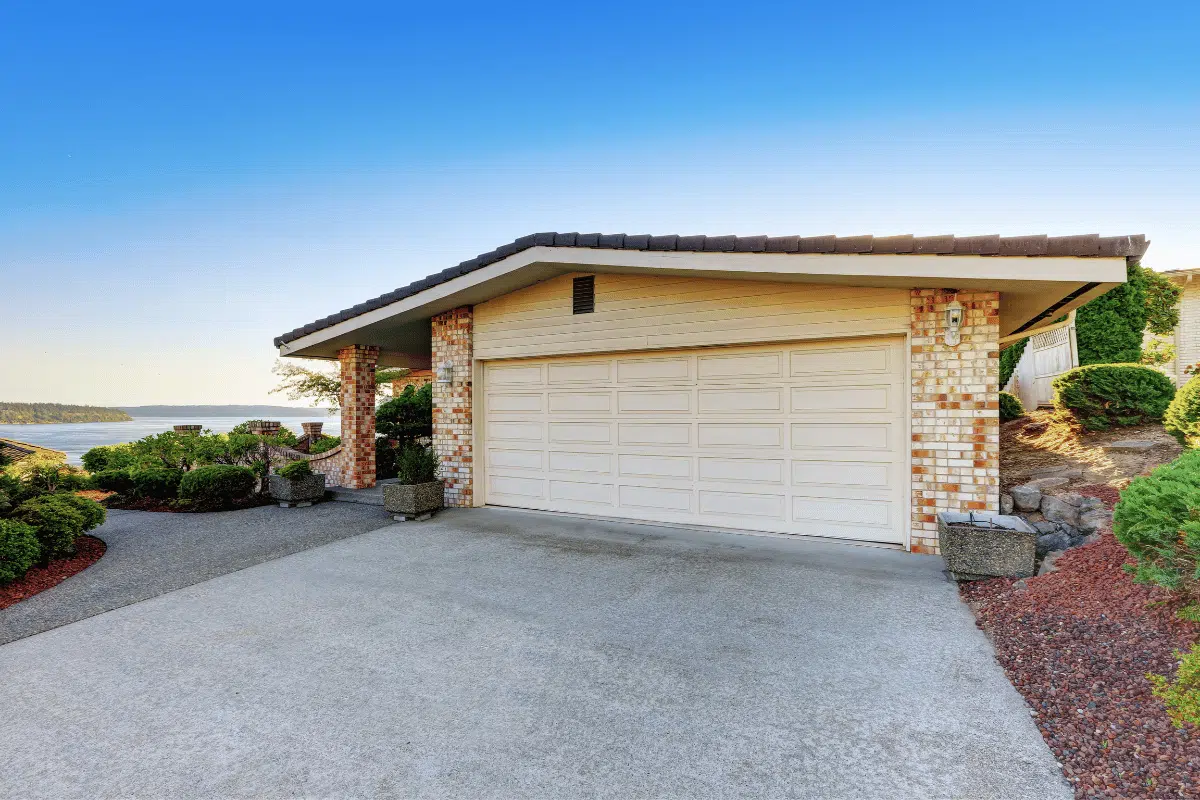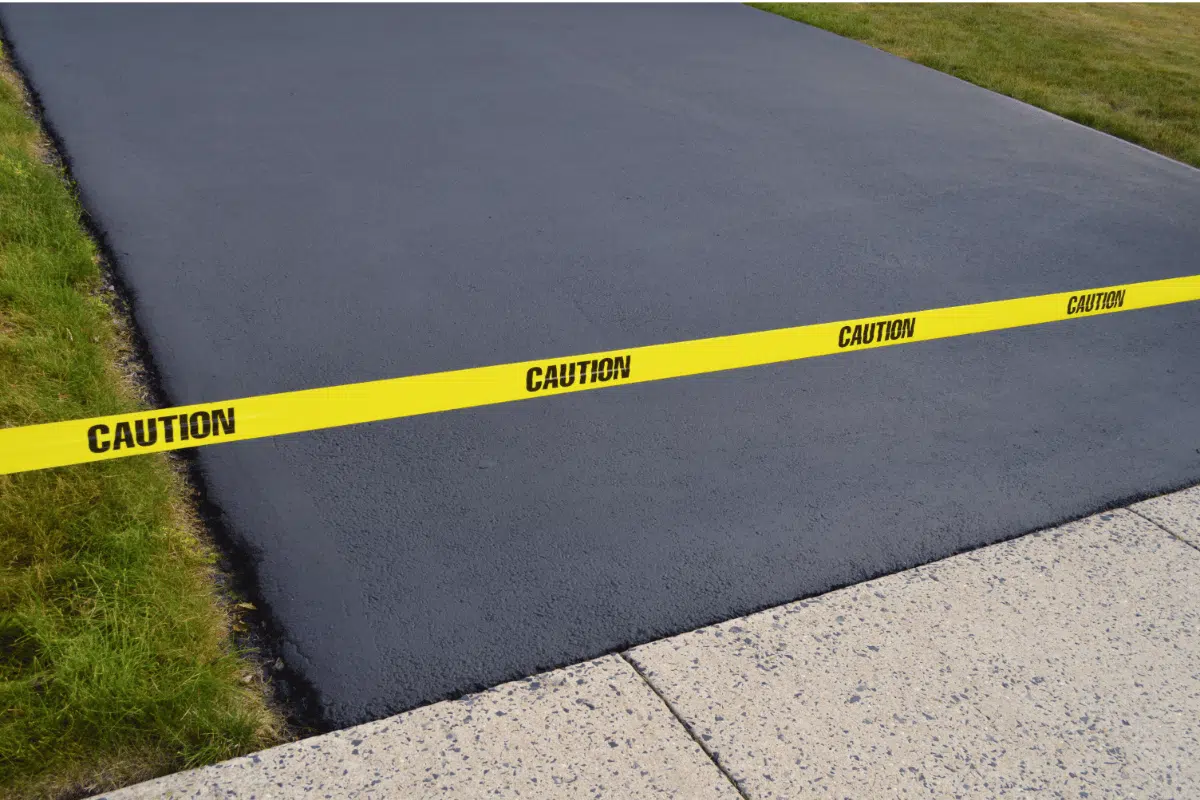Do you ever wonder why some driveways stay perfectly flat for decades while others seem to dip and dive not long after installation? The secret isn’t just in the materials used but in the care and knowledge applied from the start. We’ll go over six expert tips that can help you keep your driveway from sinking and ensure it remains sturdy and functional for years to come.
Understand the Basics
Why do driveways sink? Most often, it’s due to poor soil conditions, inadequate groundwork, and water infiltration. Imagine building a sandcastle at the edge of the water; if the foundation isn’t solid, the first wave will easily wash it away.
Proper Installation is Key
To prevent your driveway from becoming a renovation nightmare, ensure that the base layer of your installation is rock solid. It’s like setting the foundation of a house—get this wrong, and everything else follows suit. Always work with professionals who understand how to prepare the ground properly, ensuring that the soil is compacted and level.
Maintain Regular Inspections
Regular checks can save the day. At least twice a year, take a walk around your driveway looking for any signs of trouble like cracks or unevenness. Catching issues early can mean the difference between a simple fix and a major repair.
Drainage: Your Best Ally
Water is the arch-nemesis of a stable driveway. Ensuring proper drainage will steer water away from the base, much like an umbrella keeps you dry during a storm. Consider installing drainage solutions like French drains or proper grading that diverts water away efficiently.
Immediate Repairs Are Essential
If you notice a small crack or hole, don’t wait—fix it! Small issues can quickly become big problems if water seeps in and freezes, expanding the damage. It’s like fixing a leak in your roof; delay can lead to disaster.
Choose the Right Materials
Not all materials are created equal. For areas prone to heavy rain or freeze-thaw cycles, consider materials that can withstand these conditions. Consulting with a driveway repair specialist can guide you in choosing materials that cater specifically to your climate and soil type.
Conclusion
By following these tips, you’ll keep your driveway looking and performing its best, dodging costly repairs and replacements. Just like caring for any valuable asset, a little attention and investment can go a long way.



Recent Comments